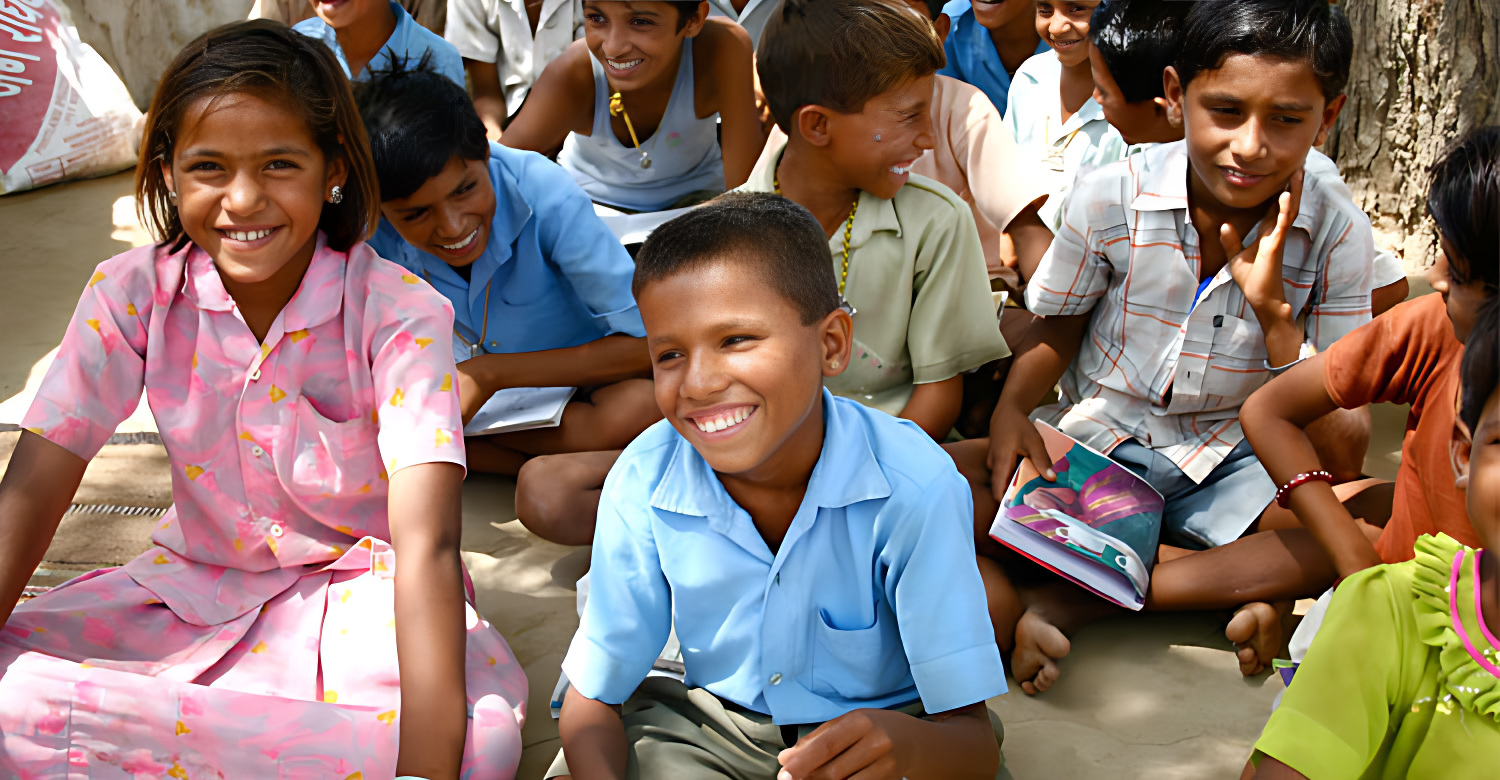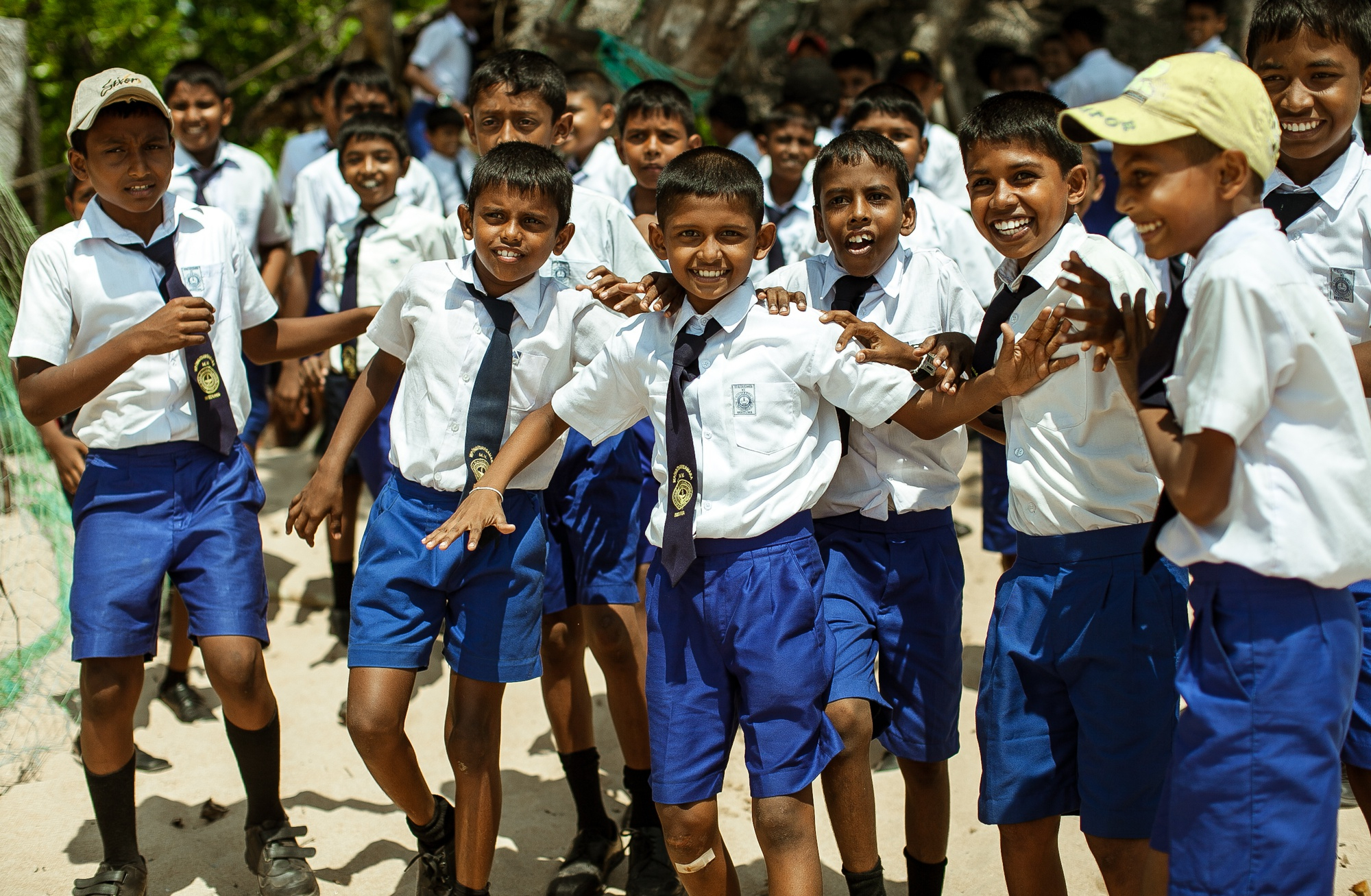In this article, we will explore the key challenges and opportunities facing NGOs in India, and discuss the importance of evaluating their impact in order to drive sustainable development and positive change.
Evaluating the impact of NGOs in India is a complex and multifaceted task. With thousands of NGOs operating across the country, each with its unique mission, goals, and methods, it can be challenging to determine which organisations have the most significant and lasting impact. Furthermore, the landscape of NGO work in India is constantly evolving, with new challenges and opportunities emerging regularly.
Continue reading “Evaluating NGO Impact: Metrics and Approaches for Assessing Effectiveness”












